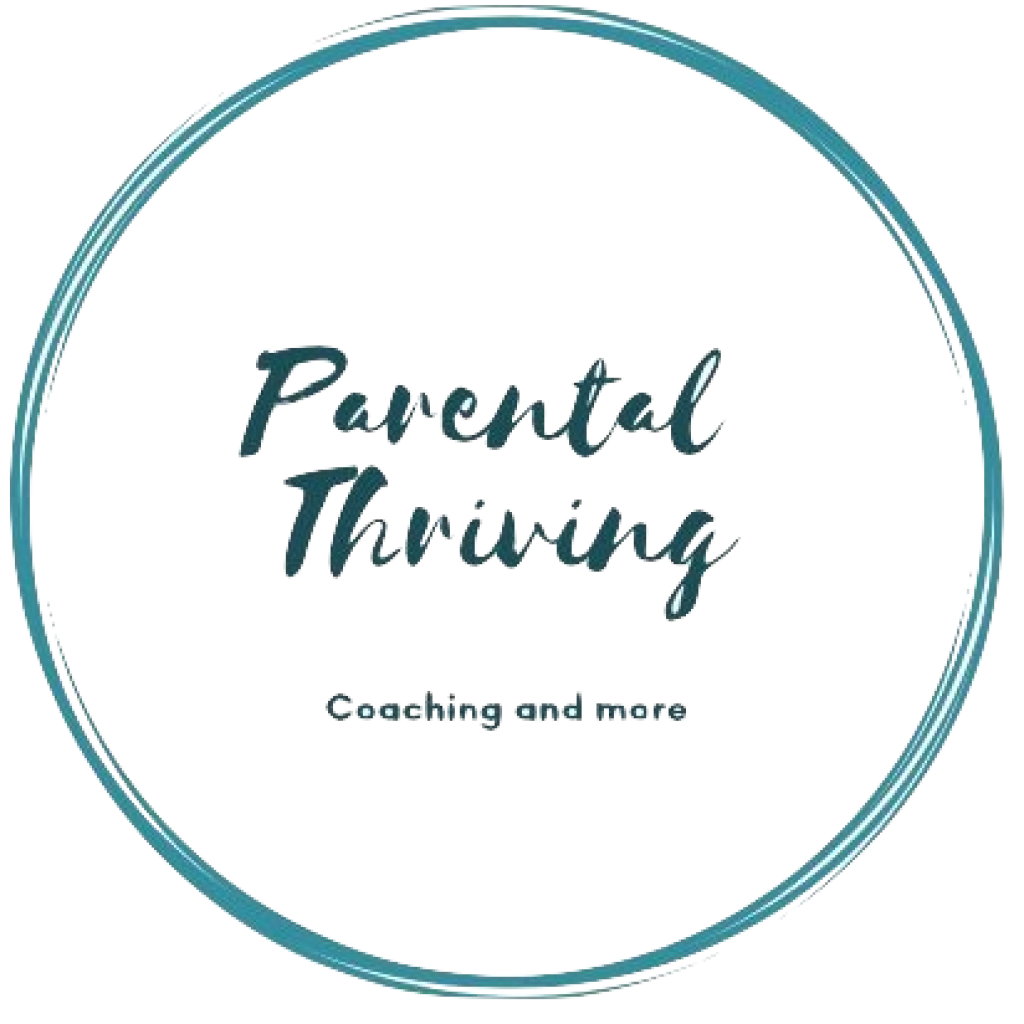High Lipase in Breast Milk
There is a lot of misconception about high lipase in breast milk.
It all starts with a parent expressing milk and when they go to give it to their baby, after it was frozen, either they offer it to the baby and they refuse it or they might smell it before giving it and smell it metallic/soapy.
This milk has high Lipase – an enzyme that helps break down the fats in milk.
However, a lot of health professionals who are not aware of this, will scare mothers into thinking their stored milk is not good and should not go near the baby!
While yes a lot of babies will refuse to take the milk, it is not necessarily so (and the milk is not spoilt!!) But, whether your child refuses the milk because of its particular taste/smell or not, there is a solution!
Scalding the milk or flash heating it will stop the lipase from breaking the fats, thus keeping the milk ‘normal’.
The 2019 edition of Best Practice for Expressing, Storing and Handling of Human Milk by the Human Milk Banking Association of North America addresses the smell and taste of stored milk. It is “due to the breakdown of fats during storage and is safe to feed babies.” And “mothers should be informed of the destruction of properties of their milk if they decide to scald”
Flash heating means that you put the milk on the stove till bubbles form at the edge (or milk reached 82 degrees Celsius) and than quickly cool the milk down. The ‘problem’ with scalding the milk is that of course it destroys some of the important properties found in breast milk. That is anti bacterial and some of the nutrients but as long as baby is not getting heat treated milk only, than that is not a problem at all.
So, if your milk smells or tastes strange, first double check basic hygiene in expressing and storing milk and if that is not the issue than high lipase probably is. Scalding the milk, will resolve the problem of baby refusing stored breast milk.

